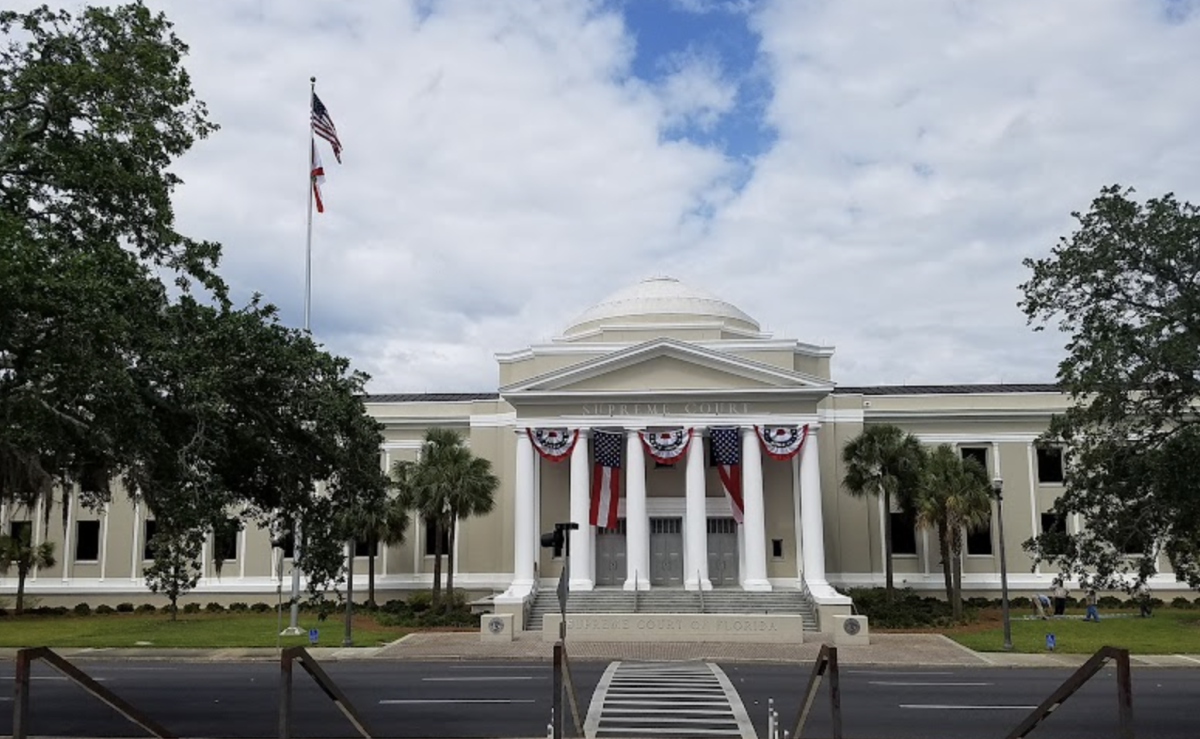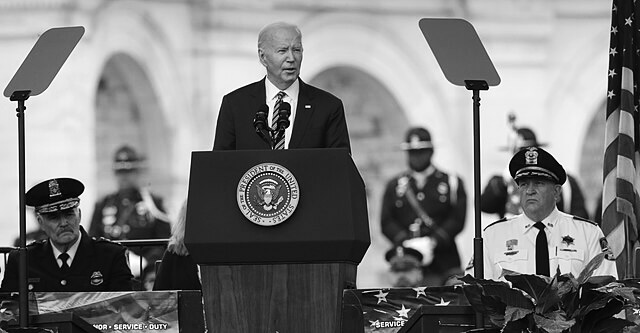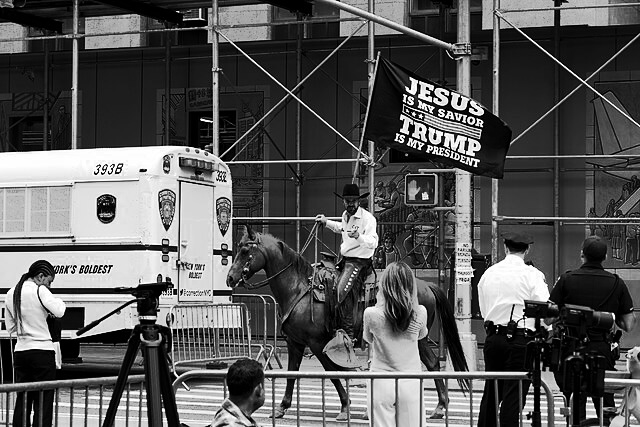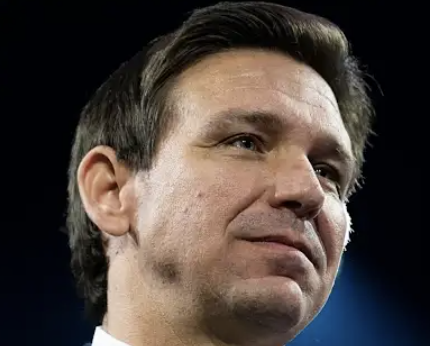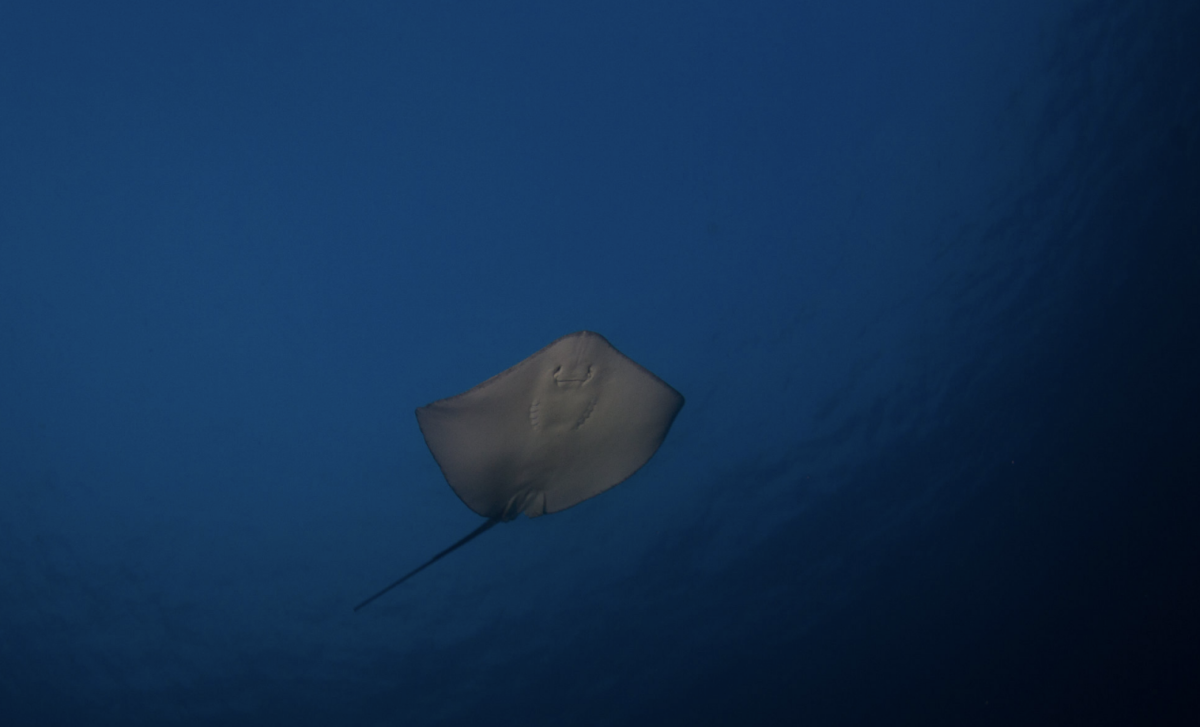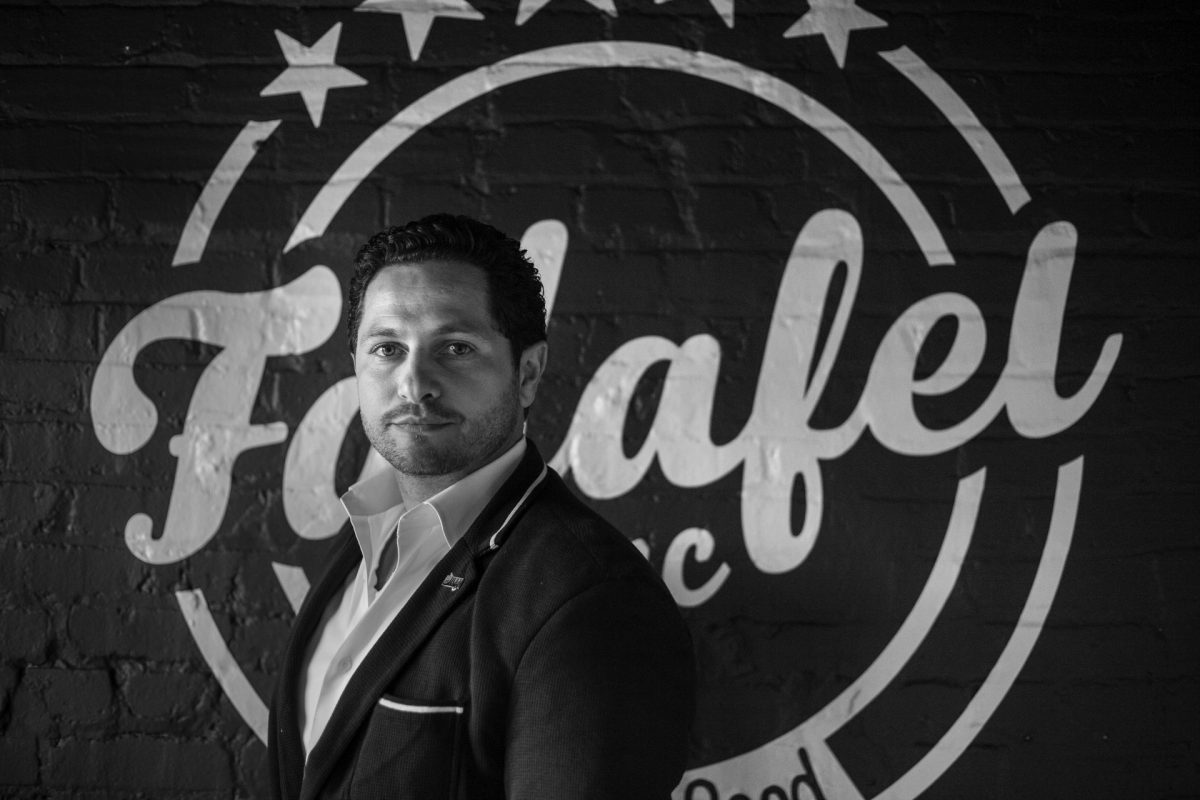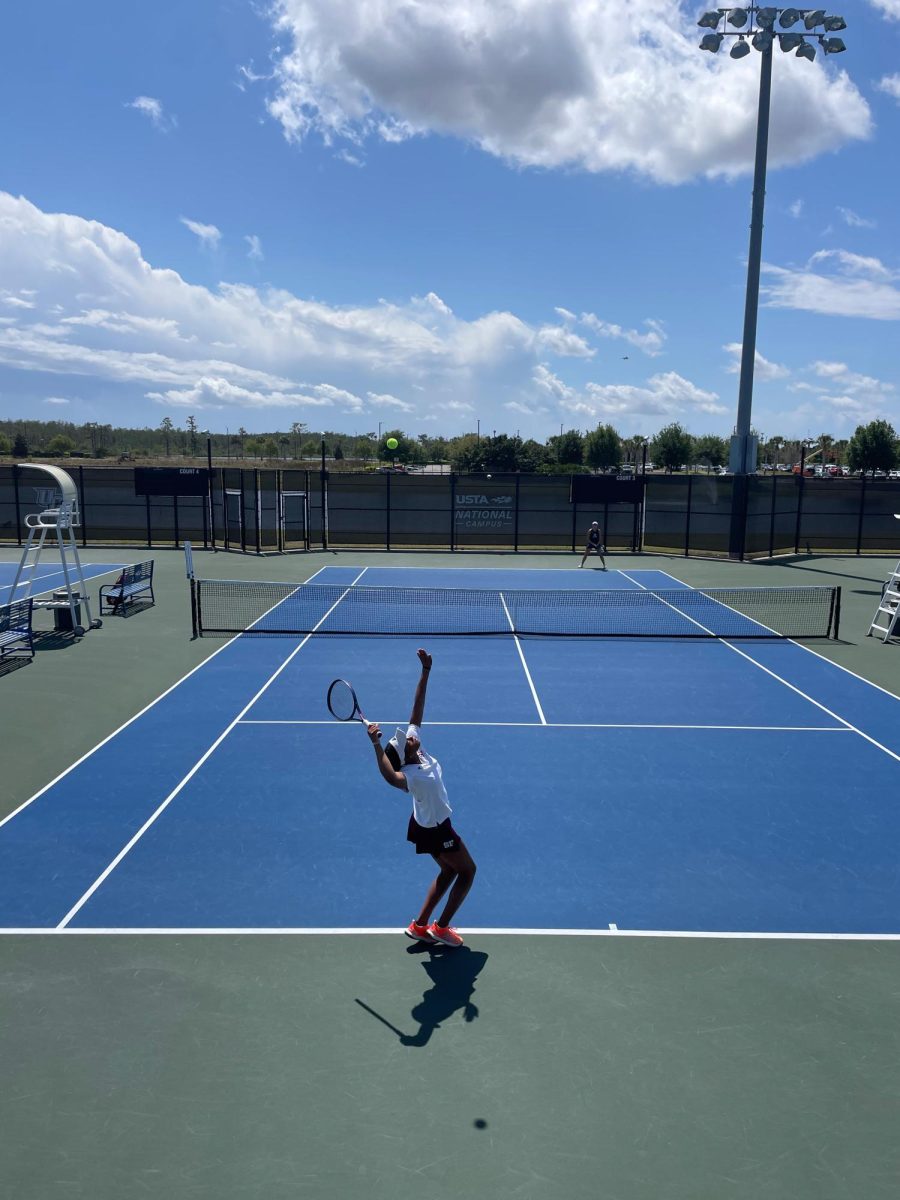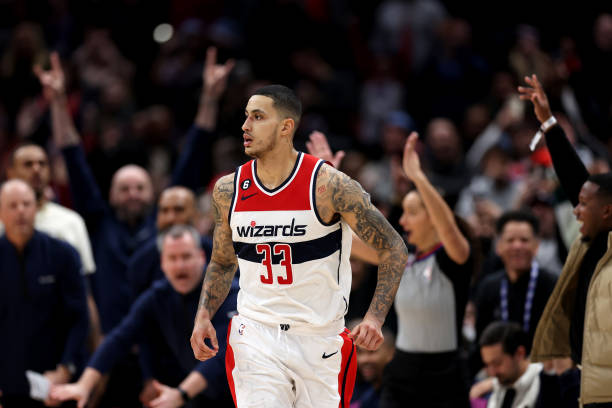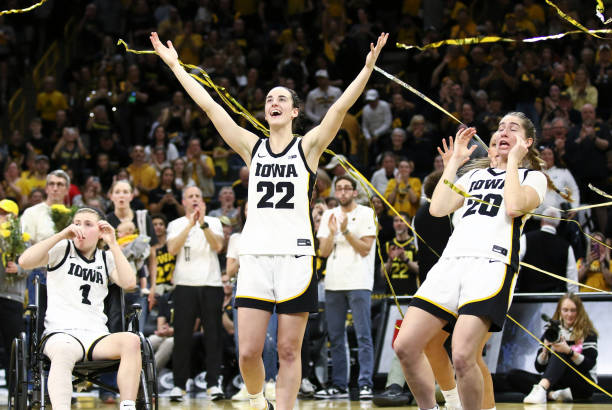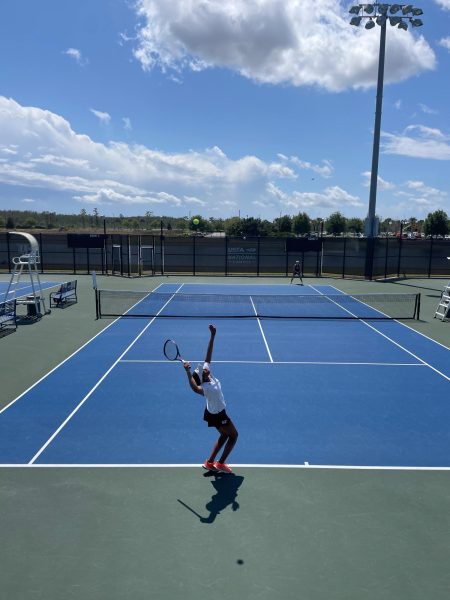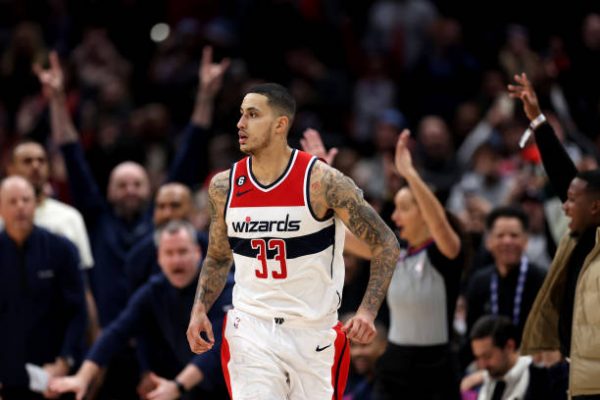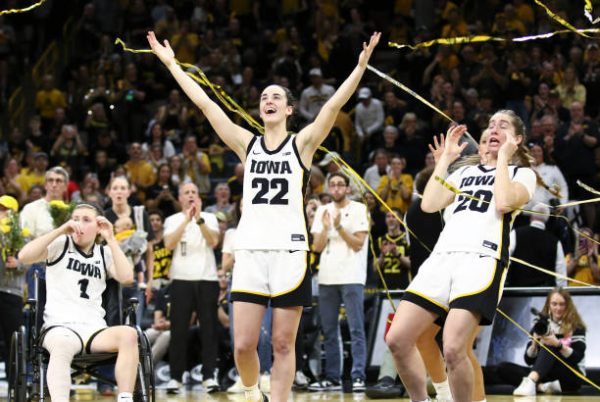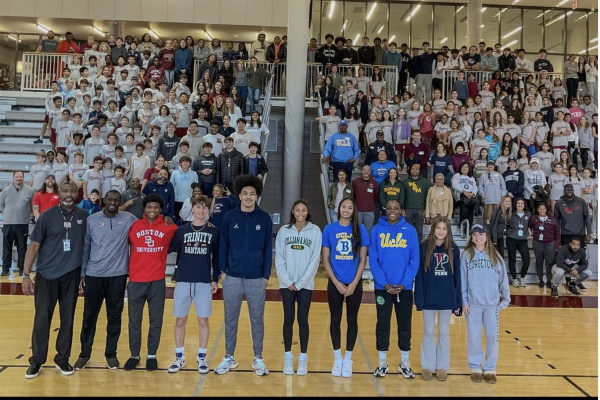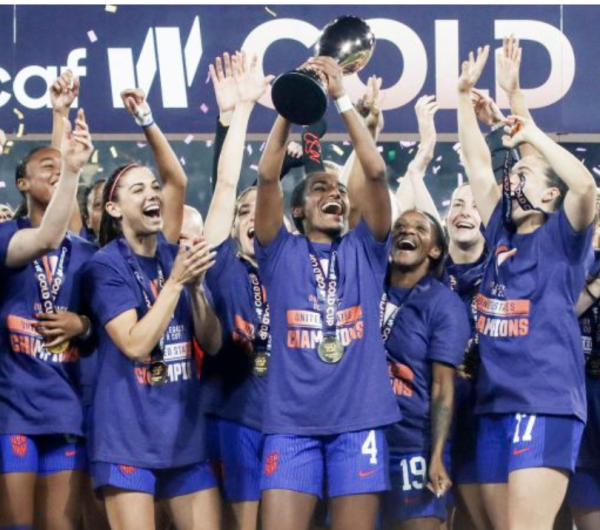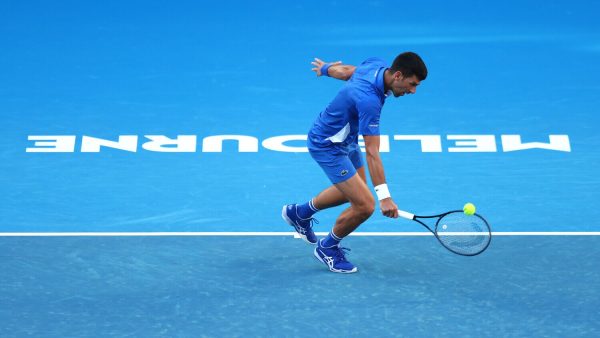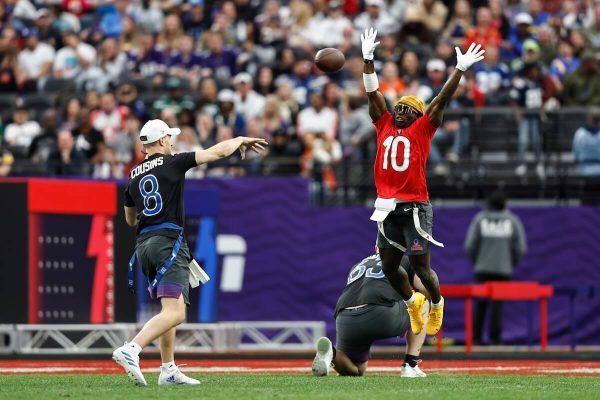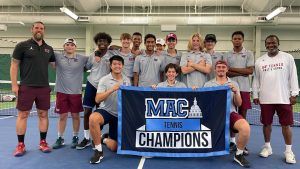New LIV Golf League Emerges, PGA Stars Defect
This summer, a new golf league with a mission to increase golf viewership emerged with the motto “Golf, but louder.” LIV Golf, named for its 54-hole style of play, promises to “supercharge the game of golf” and, in the process, has upset the sports world and altered the careers of many professional golfers.
Despite recent attempts by sports leagues to adapt to the modern age with new broadcasting techniques and game rules, golf has remained the same for the past half-century. LIV presents a fast-paced version of the game, with fewer rounds, shot-gun starts, guaranteed payouts for its elite selection of players and team-based competition on fewer holes for the largest prize pots in golf history.
These prizes, which average $25 million for a regular season event, according to the New York Times, are made possible by Saudi Arabia’s controversial Public Investment Fund (PIF).
As the primary investor in LIV, the (PIF) has committed $2.4 billion to LIV over the next four seasons, writes Forbes. Multiple news sources view this move by the PIF as an attempt to distract international attention from current accusations human rights violations against Saudi Arabia
These funds guarantee that LIV will stay afloat in the near future, but the league’s long-term profitability is still in question. To date, LIV has yet to secure an American media contract. On the other hand, the prominent American golf league, the Professional Golfer’s Association (PGA) Tour, has broadcasting contracts with Amazon, CBS, NBS and ESPN.
LIV refused to disclose its exact projections, but Forbes estimates that “LIV will generate less than $75 million in revenue this year, compared with $1.5 billion for the PGA Tour.”
LIV signed 10 of the top 50 players in the world from the PGA tour, notably including Dustin Johnson and Bryson Dechambeau. PGA responded by banning those golfers from their league.
“[These players] are suspended or otherwise no longer eligible to participate in PGA Tour tournament play, including the Presidents Cup,” PGA Tour Commissioner Jay Monahan wrote in a letter to tour members.
The response strategically discourages players from leaving the PGA, which cannot compete with the $100 million contracts LIV offers. The PGA’s decision to ban the tour defectors has resulted in an ongoing Department of Justice investigation into the PGA’s handling of players and possible anti-competitive behavior as well as personal lawsuits from several players against the association.
Sidwell Golf Coach and Upper School Math Teacher Dominic Lee was frustrated by this reaction from the PGA and hopes that LIV and the PGA can work with each other in the future. He elaborated that the decision created exclusivity between the leagues and ruined many top golfers’ relationships with the PGA.
Players and fans alike have disputed the value of LIV’s mission to revamping the game of golf.
The headline of a Boston Globe article by Mark Wagner blares, “The breakaway LIV Golf League is an affront to the game’s bedrock values,” arguing the league lacks the parts of the sport “money can’t buy.”
Monahan added to this idea, saying that LIV Golf is morally wrong and nudged golfers to make “their choice for their own financial-based reasons” for the sake of the game, in an interview with NPR.
Tiger Woods is another major critic of the new league, even after receiving an almost $1 billion contract offer from LIV. He believes defectors from the PGA “turned their back on what has allowed them to get to this position” and scorned LIV Golf’s 54-hole, no-cut format.
Other talented players, however, are joining LIV with zeal. “I think it’s been the same for a very, very long time, and it needs to be stirred up a little bit,” World No. 2 and reigning British Open winner Cameron Smith said in an interview with Golf Digest. “Particularly as golf fans become younger, I think we need to do something to make it exciting for them,” he added.
Smith’s peer and recent LIV recruit Cameron Tringale elaborated on this in the same interview, saying, “I don’t see us as being a detractor, but an additive piece to the world of golf.”
Andrew Ludwin, a senior on Sidwell’s golf team, shared his own take on the emergence of LIV, saying, “I don’t think it is a professional golf league.”
Since players in LIV are invited and paid no matter their performance, Ludwin calls it “more of an exhibition match.” Without qualifying rounds nor cuts, Ludwin says, LIV is clearly in the entertainment and political business rather than a sports contest.
Ludwin also worries that players will become frustrated with LIV because restrictions against the new league limit their play elsewhere. He does not support the new league but admits the format is more appealing to a younger audience. He wishes it was done in a less exclusive way and funded less controversially.
The controversial funding Ludwin touched on refers back to Saudi Arabia’s hefty investment in LIV. Critics call the move “sportswashing” or, according to NPR, using sports “to remake [one’s] global reputation without changing their stances on human rights.”
Despite all the debate and controversy surrounding LIV, the company’s CEO and former world No. 1 player Greg Norman argues that “LIV is the future of golf.” Analysts at Forbes predict “it could turn a profit — and soon.”
Amidst trying to find a media contract and settling the seemingly infinite turmoil, the future of LIV is seeming more and more realistic.
Your donation will support the student journalists of Sidwell Friends School. Your contribution will allow us to purchase equipment and cover our annual website hosting costs.






